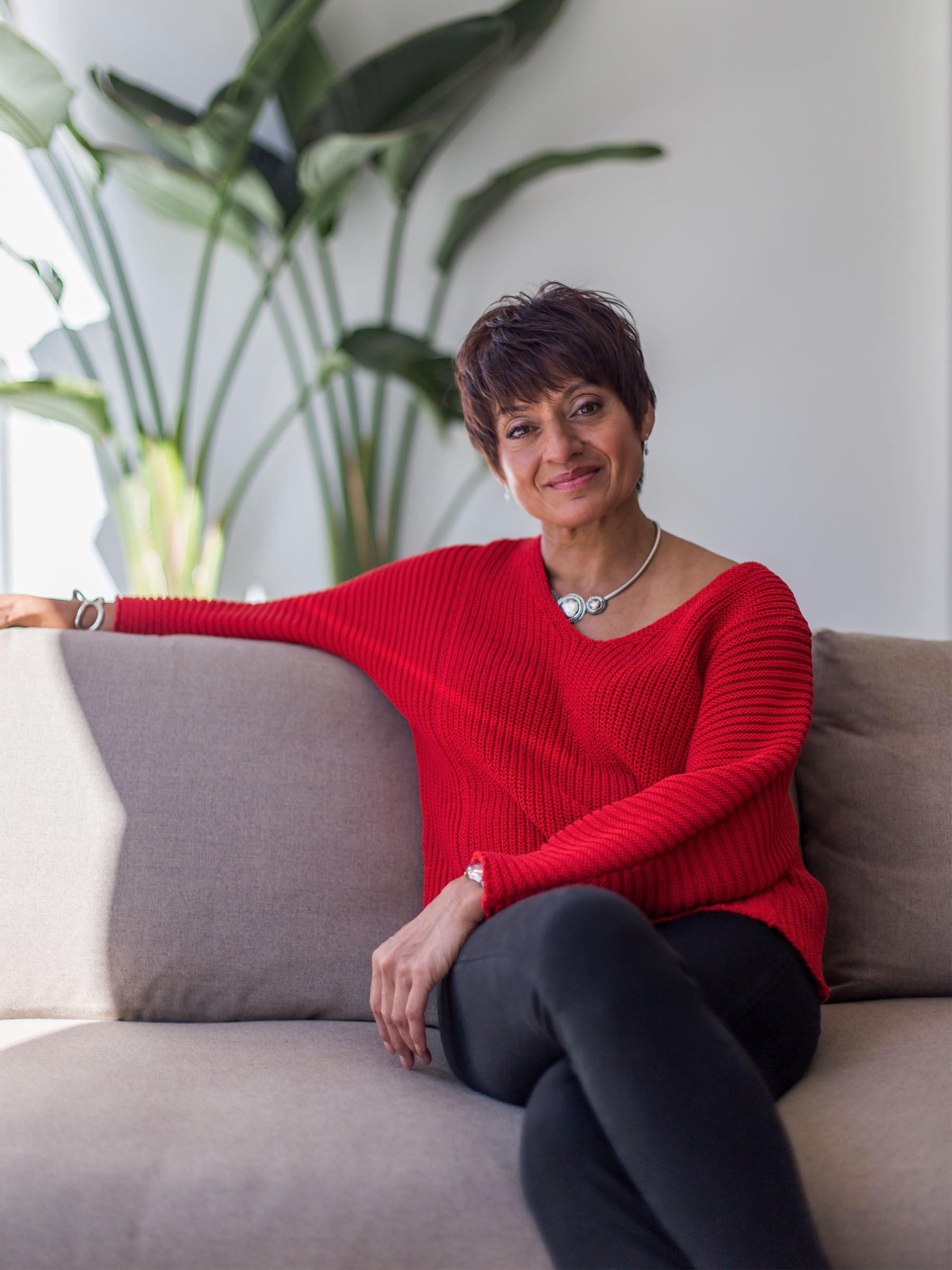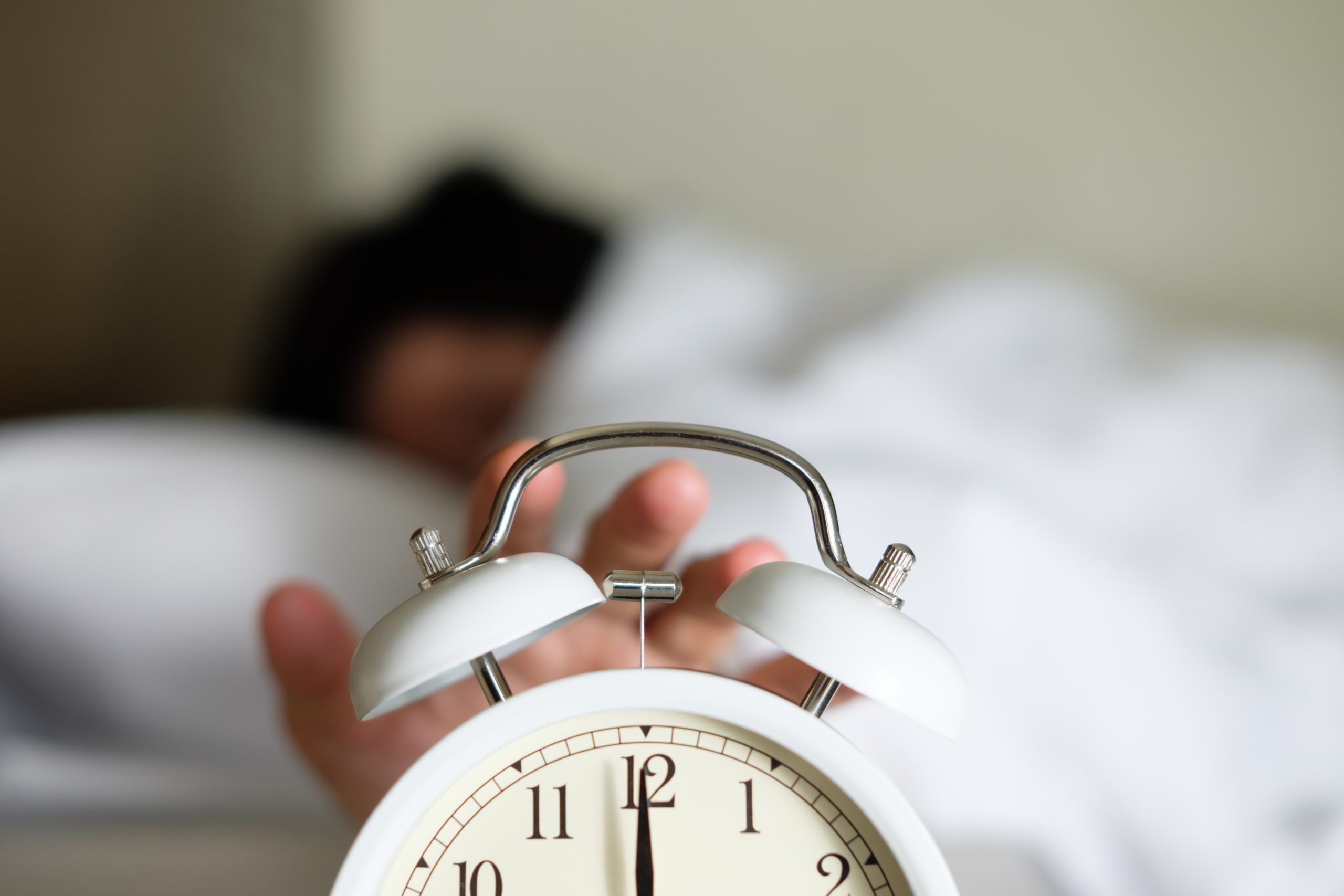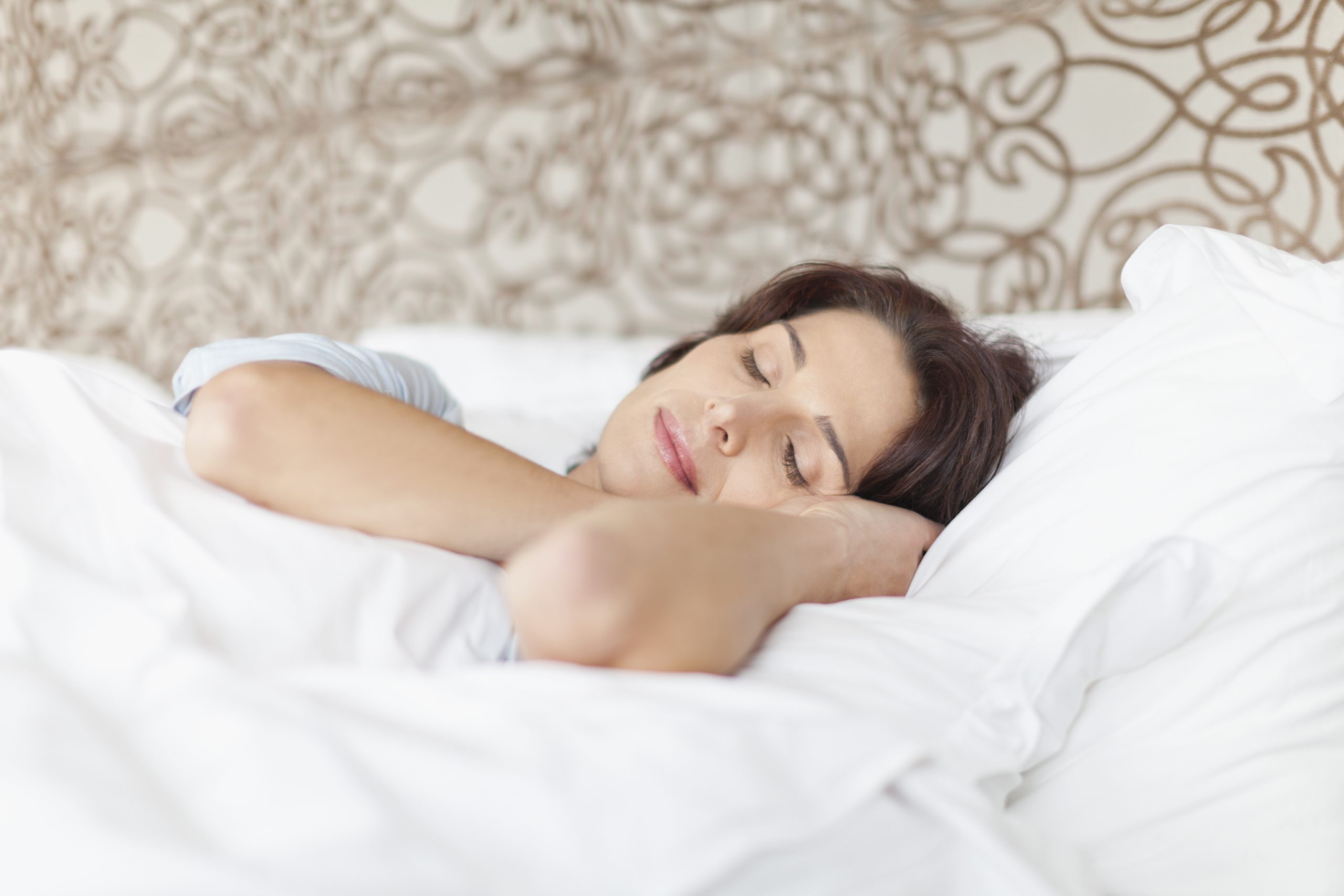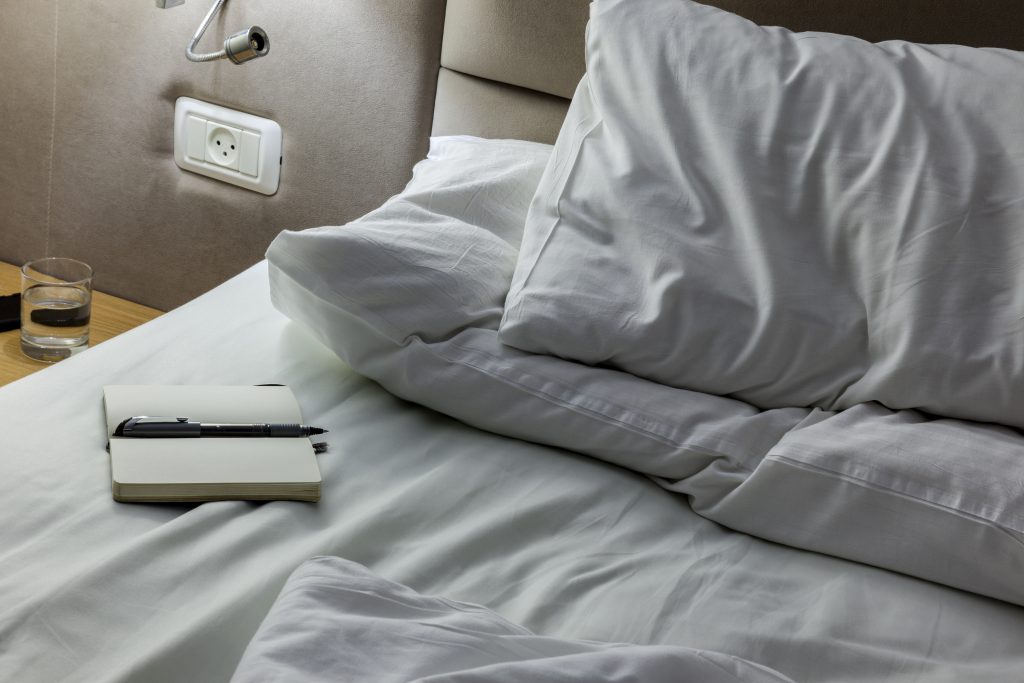Summer is on it’s way, bringing warm days, lots of sunshine, and unfortunately, hot, sticky nights. We sat down with Dr Nerina from Silentnight to pick her brain about the best way to get a good night’s sleep when the weather starts to warm up.

Hi Dr Nerina! Summer’s on its way, how should we be adapting our sleep routine to suit the changing season?
“In order to sleep well, there needs to be a fractional temperature difference between our body and brain, in other words, a warm body and a cool head! Here are my ten top tips to help you keep cool and ensure a great night’s sleep during the new season. These can help even during the hottest of summer nights.
- Stop your bedroom from over-heating during the day by keeping curtains and blinds closed
- Wash your feet and run your wrists under cold water before getting into bed
- Use light bed sheets and a low tog duvet to ensure your bed temperature stays low
- Place a wet flannel in the fridge for an hour before getting into bed and then lay it onto your forehead
- Stay well-hydrated during the day
- Take a cold or lukewarm shower before getting into bed
- Keep a plant mister containing water by your bed to spray on your face during the night
- Use a fan and place it so the air is blowing over a tray of ice. This’ll cool the room down as the ice begins to melt
- Chill your pillowcase in the freezer before getting into bed
- Don’t fret too much if you can’t sleep. Use the time to rest and think positive thoughts and you’ll soon drift off.”
Great tips. What can we introduce into our sleep environment to help create a more restful space?
“Essentials oils are a tried and tested tool when it comes to unwinding and preparing for a good night’s sleep. Using a candle or diffuser, or by depositing a few drops straight onto a pillow, makes adding calming aromas into our sleep spaces super simple. Relaxing scents such as lavender and eucalyptus can really help the body to relax after a stressful day. Slow down your breathing and really take in the smell of lavender particularly, as this will help you to fall into a deep sleep.
Changing up your lighting is an easy way to make your bedroom more restful. Opting for a lamp that has a range of brightness options, or a cluster of candles for calming low-light, can change the atmosphere drastically. Some of the best alarm clocks have sunrise alarm settings, which allow you adjust a level of warm, calming light. Alternatively, the best smart light bulbs can be dimmed to your desired level to help you switch off before you sleep.
Finally, when accessorising your bedroom, consider cool and calming colours that’ll help you unwind and get to sleep naturally.”

We’ll get straight to it! What else would you suggest for encouraging a good night’s sleep?
“There are lots of simple steps you can take to make getting to sleep easier. Adding these into your lifestyle can improve the quality of your sleep in no time.
Breakfast is key. It’s so important, that it’s obvious! Breakfast within half an hour of rising is key. Having something to eat not only sets you up for the day ahead, but it regulates your melatonin production, to ensure a better night’s sleep for the coming evening.
Moderate caffeine and alcohol. Caffeine has a direct impact on reducing sleep quality. The half-life of caffeine is approximately five hours, this means that it can take up to ten hours to completely remove all of the caffeine from your body if you drink a cup of tea or coffee. Consider replacing your afternoon coffee with herbal tea or decaffeinated variants of tea and coffee, particularly if you find that you wake up feeling unrefreshed despite having slept for eight hours or so. Alcohol can also impair deep sleep quality, and make you likely to wake up feeling tired and fuzzy-headed after the previous night’s indulgence.”
Keep hydrated. A litre and a half of water per day is essential for great health and a great sleep, as a minimum.
Get an early night. Commit to getting to bed at around 10pm for four or five nights per week. This ensures that you allow your body to rest through important sleep cycles, which help regulate health and emotional wellbeing.
Be smart with tech. An ‘electronic sundown’ 60 to 90 minutes before bed is strongly recommended. I suggest winding down by watching TV before bed – but do this in another room. Once in bed, veto phones, tablets and devices that emit blue light. Your sleep will reward you for choosing to rest rather than scrolling through your social media feed.
Count your blessings. Far more effective than counting sheep, counting your blessings is a way to drift off into the deepest and most restorative sleep. It’s the simple things that we need to be thankful for: a nice cup of tea, a joke shared during the day or a lovely meal. I’m a huge advocate of this approach to reflecting on your day. Not only does it aid great sleep, but it ensures a better waking mentality for the morning.”

Thanks Dr Nerina! Finally, how should we start to get into our new sleep routine?
“My non-negotiables when it comes to a sleep routine are making sure you’ve had breakfast within your first half hour of rising, stayed hydrated throughout the day and reduced your caffeine intake.
You should try and go to bed early about three or four nights a week – this is about training your body to receive rest earlier. It might be tempting to stay up and watch that extra episode on Netflix, but this can throw your sleep pattern completely out of whack. A lot of people who I work with these days are going to bed too late. Three of four nights a week, you should aim to be in bed between 9:30 and 10pm. You don’t necessarily have to be sleeping, but resting instead, or doing something that is restful. What you should try and avoid is watching television in bed, sitting on your laptop and being your phone or on social media for at least 45 minutes before you plan to nod off. The idea is to use this extra time to really disengage from technology and focus on rest and sleep.
Finally, be kind to yourself and give yourself permission to rest. Count your blessings and don’t beat yourself up if you can’t get to sleep as this is a sure fire way to self-sabotage your chances of having a healthy night’s rest.”

Thank you for the great advice Dr Nerina. Make sure to check out our Feeling Good Together campaign, where we’re regularly updating the page with fitness inspiration, wellbeing top tips and expert interviews to help support and inspire you throughout 2021.






